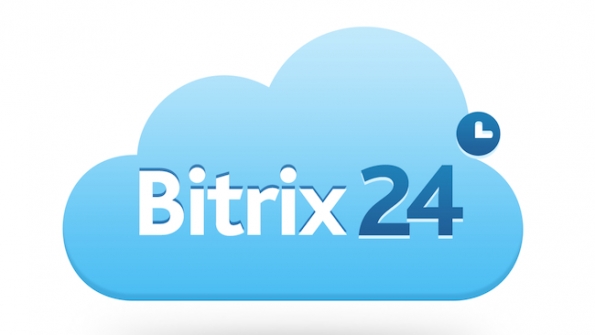Adam Davidi| Theguardian
I think the concept of moving to a ‘mobile’ way of working can frighten organisations that are currently very fixed and immobile. Most often, mobility in the first instance means the ability of employees to be mobile within their office, and to use a far wider variety of spaces in the office.
This then sets up the technological and cultural ability to allow employees to work from anywhere – be that at home, on a train, in a coffee shop and so on.
The cloud is enabling increased collaboration: Cloud computing allows organisations to provide collaboration and communication tools, software, apps and access to documents and databases not only from anywhere, but also on a cost per use (or user) basis. This has a significant impact on an organisation’s flexibility and ability to introduce new tools and phase out old tools. No longer should IT projects take a year to implement a new tool…but weeks or at most months.
Adrian Williams, director of business sales, Nokia UK
Employees can access information across different locations and devices: In my view mobility means providing the greatest level of access and productivity, wherever the employee may be, on whatever device they have and via whatever network/connection may be available.
Mobility helps improve service levels: I believe that cloud is very much an enabler for mobility. From our own perspective at Nokia, we have very much embraced cloud. As an organisation we are very distributed across the globe, from manufacturing sites to remote sales offices. Without cloud, our infrastructure would no doubt look very different and as a result service levels would not be what they are. The cloud and services delivered by cloud have enabled us to not only scale, but also enable us to take advantage of the latest technology as it becomes available.
Mark Deakin, partner technology strategist, Microsoft
The cloud offers increased scalability and flexibility: Cloud computing makes it possible for small business to harness the computing power and technology that has only previously been available to enterprises with big budgets. The other thing that cloud computing brings is scalability and flexibility, so you can have 1000 server working for you when its end of year or end of month and the rest of the time you can run on the bare minimum.
Cloud computing is levelling the technology playing field: Cloud computing impacts mobility (working wherever you like) by making it available to companies large and small. Video conferencing is a great example of something that previously was only available to large organisations with big IT budgets. With cloud computing, small organisations can also use video conferencing, allowing them to compete with their larger cousins on a level technology playing field.
Phil Jones, managing director, Brother UK Ltd
Businesses must own company data: I’ve seen a big trend towards COPE (corporate owned, privately enabled) from BYOD as the data issue is becoming a real challenge.
With the blend of business and personal in the workplace, business wants to create clear lines between data ownership and ultimately be able to hit the “kill” switch when a device gets left in a taxi after a late night.
What does the future of the workplace look like?: We’ll see more democratised organisations. Pyramids will be de-constructed in favour of high-speed molecular based organisation structures, focused on agility, speed to market and counter-measure activity. The workplace will become the ‘workspace’ with less defined areas, more ‘turn up and work’ environments. The concept of the internet of things powered by the cloud will lead to this universally connected state of being for people, able to control everything in their lives via a device – ovens, curtains, temperature, personal health decisions etc. The age of work/life balance is over, it’s now about BLEND.
Jesus Luna Garcia, senior researcher, Cloud Security Alliance
We are moving beyond the home office: Mobility is far beyond the 80’s concept of home office, because nowadays it means that even while traveling you can access your IT resources anytime/anywhere. Furthermore, it’s not only about working from home because we’re also witnessing mobility in a more broader sense of the word: sensors that enable smart cities, eHealth apps to monitor chronic patients/elder people from home.
Security and privacy concerns are still a barrier to mobile computing: Well, security and privacy are (still) among the top concerns related with both cloud and mobile computing. Still nowadays, ENISA’s (the EU Agency for Network and Information Security) report of cloud computing risks is a must-read by many SMEs seriously thinking about moving to the cloud.
James Campanini, vice president and general manager EMEA, Blue Jeans
4G helps employees on the move: I think you are right mobility is not as simple as just allowing ‘working from home’ – it really means that you are able to conduct your business from where it is most convenient for you. Imagine these days being restricted to only having e-mail at your desk. With the proliferation of 4G you can now have meaningful interactions with customers and co-workers literally on the move.
How can cloud adoption be increased?: I think really understanding how the users want to get access to their information, particularly understand how groups or communities are working together. There will almost certainly be some quick wins which will lead to more adoption. A lot of cloud services won’t need a massive financial investment eg. choosing to move some storage away from your on site fileservers doesn’t mean you have to throw them away.













